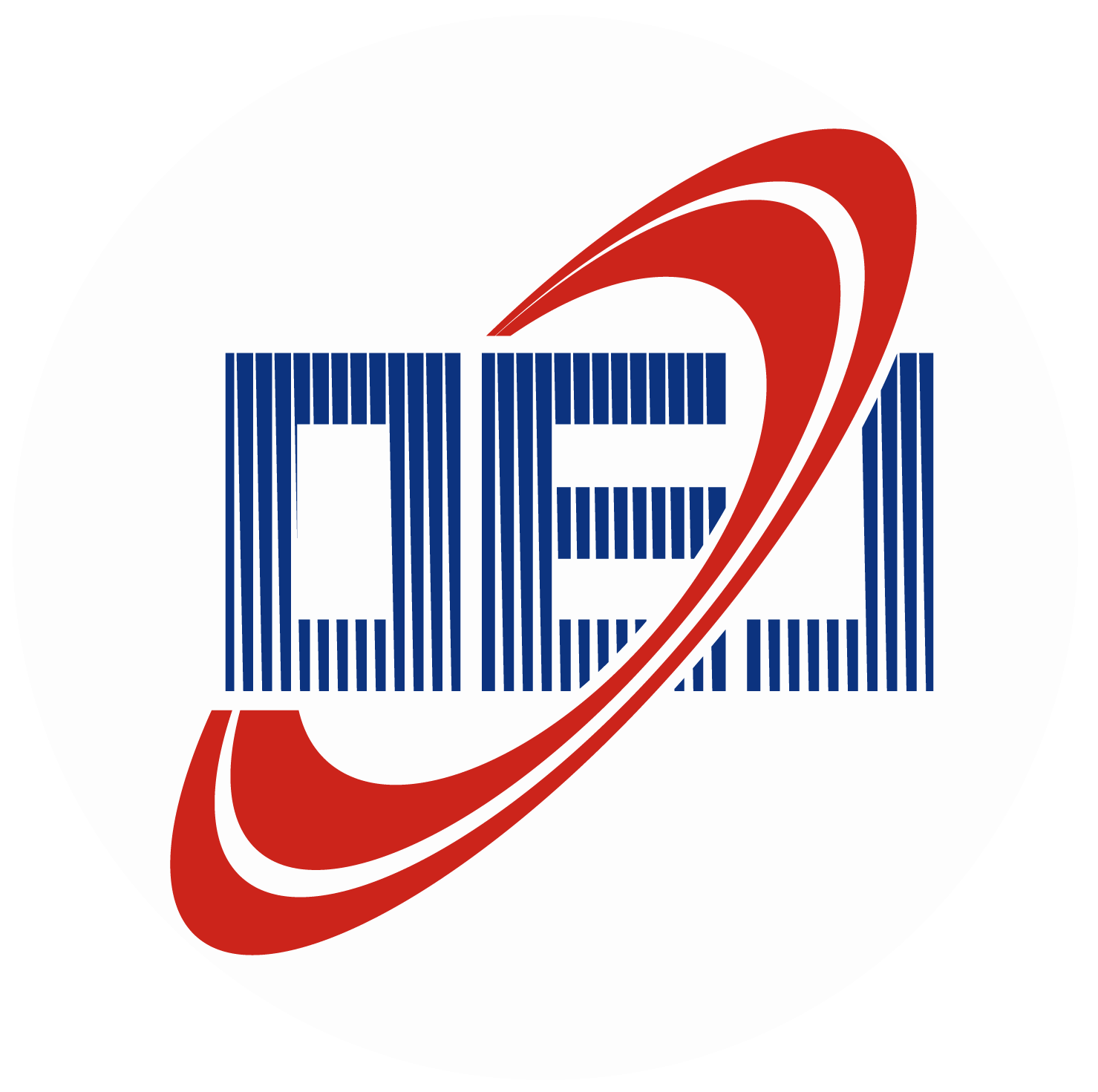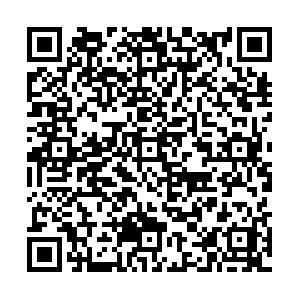Abstract:
The performance of the intensified charge-coupled device (ICCD) detector directly affects the quantitative analysis performance of plasma amplification laser-induced breakdown spectroscopy (LIBS). This study research on the impact of different ICCD cooling temperatures (10 ℃, 0 ℃, −10 ℃, −20 ℃, and −30 ℃) on plasma amplification LIBS analytical performance for analysis of N in water. The results shown that with the temperature decreased, the
R2 of the calibration curve increased from 0.812 to 0.990, the limit of detection was reduced from 23.762 mg·L
−1 to 0.131 mg·L
−1; the average relative error (
REAV) and root mean square error of cross-validation (RMSECV) were improved, which was reduced from 34.97% to 5.04% and 19.8858 mg·L
−1 to 4.8674 mg·L
−1, respectively. The experimental results demonstrate that reducing the ICCD cooling temperature can improve the sensitivity and accuracy of LIBS quantitative analysis.


 E-mail Alert
E-mail Alert RSS
RSS


